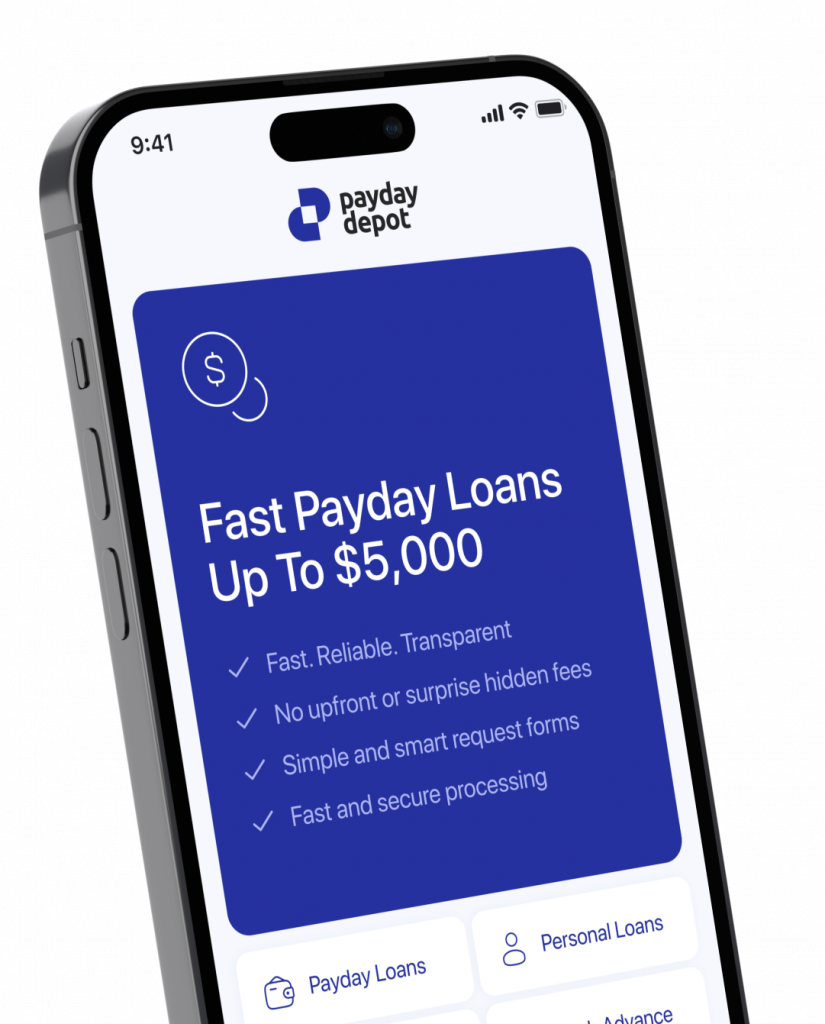Do Payday Loans Affect Getting a Mortgage?

If you’ve taken out a payday loan, it could affect your ability to get a mortgage. This is because mortgage lenders may see the payday loan as a sign that you won’t be able to manage a home loan.
Using payday loans won’t automatically disqualify you from getting a mortgage, however. Mortgage lenders consider a variety of factors when deciding whether to approve your home loan application, not just your history with payday loans.
Here’s what you need to know about applying for a mortgage after using payday loans.
Will a Mortgage Lender Deny My Application?
Not necessarily.
If you have a history of using payday loans, you may have fewer options when it comes to mortgage lenders. You may also have more difficulty qualifying for a mortgage loan if you have outstanding payday loans.
Some mortgage lenders will assume that anyone who has previously used payday loans will have difficulty making payments on their mortgage. Others will consider the overall picture and be willing to work with you based on other factors like your income and credit history.
It may be easier to get a mortgage if you’ve only ever taken out one or two payday loans and paid them back on time. Also, the longer it’s been since you’ve used payday loans, the better your mortgage approval odds may be.
If you’re applying for a mortgage, be prepared to give them as much information as possible to help boost your approval odds. You might need to provide details about how many payday loans you’ve taken out, how much you borrowed, and your repayment history.
Key Factors that Affect Your Mortgage Application
Here are the major factors that affect your ability to get a mortgage:
- Credit score and history: Your credit score consists of things like your payment history, credit utilization, and credit mix. Payday loans rarely show up on your credit report, so they don’t typically affect your credit score. As long as you pay back what you owe on time and have good credit, a mortgage lender should look favorably on your application.
- Income and employment history: Many mortgage lenders require borrowers to have at least 2 years of employment history. You’ll also need to provide proof that you can afford the loan payment.
- Debt-to-income ratio (DTI): Your DTI is how much you spend each month on your debts, including rent, credit cards, outstanding payday loans, and other household expenses. Keeping your DTI low can help you get approved for a mortgage.
- Loan-to-value (LTV) ratio: Lenders consider your LTV ratio when determining whether to approve a loan as well. This is essentially a comparison of the mortgage amount versus the property’s appraised value. The lower your LTV ratio, the better your approval odds.
- Down payment amount: A higher down payment shows lenders you’re capable of managing your money. Even if you have a history of payday loans, putting down 20% or more toward your mortgage can help you get a loan.
Will Paying Off Payday Loans Help Me Get a Mortgage?
If you currently have a payday loan, it’s a good idea to pay it back before applying for a mortgage. Doing this shows lenders that you’re responsible with your money and can pay your debts on time. It also reduces your current debt load and frees up more of your monthly income for a new loan.
One thing to note is that paying off your payday loans probably won’t help your credit score. This is because most lenders don’t report these loans to the credit bureaus — Experian, Equifax, and TransUnion. So, if your credit score is currently low, you may need to take some time to improve it before applying for a home loan.
What Should I Do If My Mortgage Loan Was Rejected?
If you’ve applied for a mortgage and were rejected, wait a few months before trying again. During this time, work on improving your income and credit score. If you have any outstanding payday loans or other debts, try to pay those off as well. After a few months, reach out to a specialist mortgage broker or shop around for a lender who might be willing to work with you.



